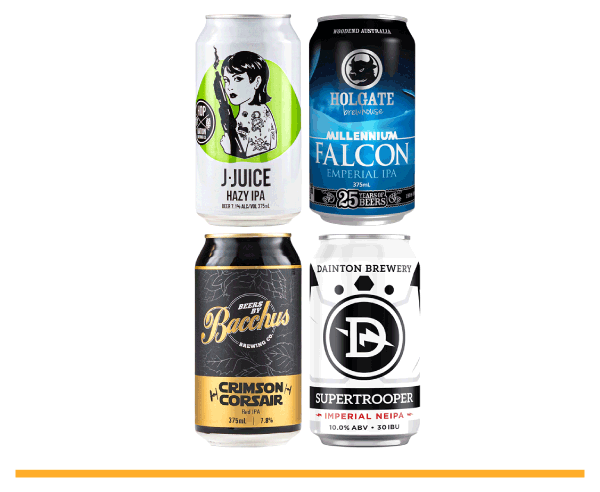The Role of Water in Beer
2nd Feb 2014
I’m sure you’ve heard the phrase before; “I don’t mind the local version of Heineken/Peroni/Corona etc, but the one from the Netherlands/Italy/Mexico etc just tastes better”. It’s a common phrase we hear about the place, and although each beer is brewed to the same recipe at home and abroad, one key difference that can occur is the type of water used for brewing.
You see while all water may look the same, to steal a quote from Transformers; there is more than meets the eye! Water impacts beer in three ways:
1. It is critical in determining the efficiency and flavours from the wort during fermentation.
2. It affects perceived bitterness and hop utilisation of the finished beer.
3. And finally, water adds flavour directly to the beer itself – as it is the largest single component in beer.
The reason for the differences relates to the different mineral makeup of water, with regards to Carbonate, Sodium, Chloride, Sulfate, Calcium and Magnesium. In each area of the world there is a different mix of these, which is a key reason why different areas focused on the styles of beer that have been made in their region. For instance the soft water of Pilsen lead to the focus of Pilsners, Dublin’s high alkalinity water is well suited to stouts and other dark ales, while Munich’s water is high in temporary hardness, making it well suited to dark lagers.
While this variation does exist, the study of water chemistry and use of trace elements can be applied to water so that it becomes more similar to the ideal water makeup from each location. But as they often say’ it can be easy to replicate, but hard to beat the original!

 Loading... Please wait...
Loading... Please wait...


